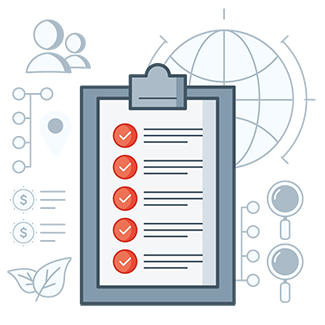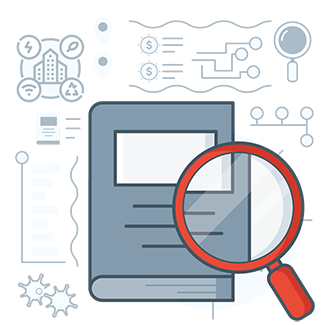Smart City Solutions for a Riskier World is arguably the most advanced study undertaken to understand how cities around the world are driving better social, environmental, and economic outcomes.
Key findings:
- Recovery requires resilience. The vital role of technology, data, partnerships, and citizen engagement in enabling municipalities to recover from the COVID-19 pandemic
- Prioritizing the SDGs. The pandemic raised priorities around the social good for more than one-third of cities around the globe, with 25% of city leaders stating COVID-19 underscored the imperative to achieve the UN Sustainable Development Goals
- Those that are leading get further ahead. The pandemic accelerated the rise of Cities 4.0, those that are leaders in the use of smart technology, data, and partnerships to achieve their social, environmental, and citizen well being
- A path to the future. At least twenty 4.0 Cities are already pushing the development of a future roadmap toward urban prosperity and sustainability
“Technology enables SDG progress because it can integrate both technical and social solutions. It optimizes use of scarce resources, connects governments with their citizens, and scales quickly to respond to dynamically changing conditions. Further, it enables both front-end insights and feedback loops that powers cycle of continuous improvement.”

E-book: A comprehensive, forward-looking document based on a survey of 167 cities around the world. Titled Smart City Solutions for a Riskier World, this study covers cities across 82 countries, with various income levels and population sizes—representing nearly 7% of the global population. Using the UN’s 17 Sustainable Development Goals as the analytical framework, the research examines how cities across regions have leveraged digital technologies and data, together with Public-Private partnerships and policy initiatives, to achieve the SDGs. This report outlines those solutions, and which work best by region.
Download now
Regional Scorecards: A smart city maturity framework was developed to assess which cities are ahead in using digital solutions and technologies to achieve their social, environmental, and economic goals. The cities are classified based on their progress on harnessing technology and data across the urban domains, as well as their ability to foster citizen and stakeholder engagement. Twenty-nine percent of cities are classified as implementers, 49% as advancers, and 22% as smart city leaders. Some cities are ahead in both SDG progress and smart innovation. Those have been classified as Cities 4.0. There are 20 such cities in the survey. The following regional scorecards present a snapshot of the smart, sustainable solutions used to drive progress in six regions of the world.
Download PDF


Case Studies: This report showcases how 10 cities—across regions, population sizes, and economic maturity—are achieving the SDGs. It spotlights challenges and solutions and provides valuable insights for their peers. Accra and Bogota are addressing problems common to developing countries, such as securing funding for SDG initiatives, gaining access to data needed for efficient decision-making, and coping with mobility problems. Ludhiana sheds light on how emerging market cities need to navigate through the pandemic to get their sustainability plans back on track. Barcelona, Orlando, and Philadelphia are Cities 4.0—smartly using technology and partnerships to advance their SDG agendas. They are leveraging their urban ecosystems to build more digitally focused, diversified economies. In addition to partnerships, Trondheim is blazing a trail on using data and metrics to deliver on the SDGs. Porto shows how a city can use digital twins and other advanced technology to revamp its water system. Torrance, a smaller city in California, showcases the value of resilience and agility in the face of multiple disruptions, including a major cyberattack. Suzhou exemplifies a city on the fast track to becoming a City 4.0.
Download now
Citizen Sentiment Tracker: To understand citizen perspectives on smart, sustainable programs, a real-time, AI-enabled Citizen Sentiment Tracker was created. This unique tool used AI to collect, categorize, and assess citizen views expressed through hundreds of thousands of Twitter feeds. Ten cities were selected to be examined—Abu Dhabi, Amsterdam, Auckland, Barcelona, Bogota, Lagos, New York, San Diego, Singapore, and Vancouver—to provide a representative sample of municipalities from around the world. The cities varied by region, population size, and stage of development. The tool monitored citizen views on each of the 17 SDGs and 13 emerging technologies.
